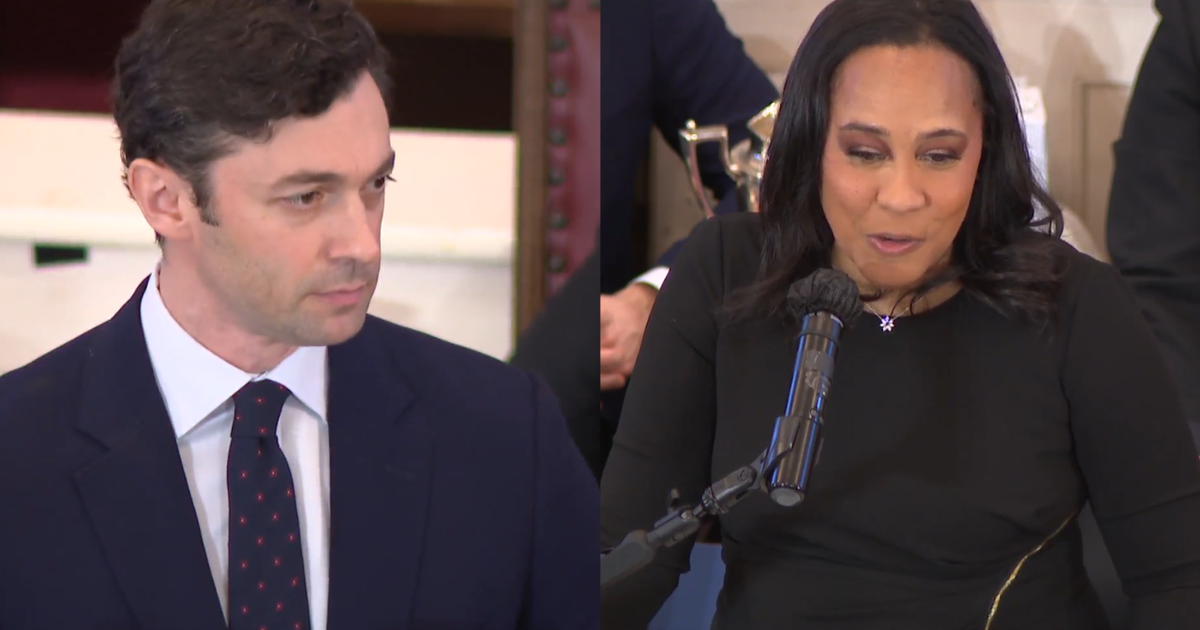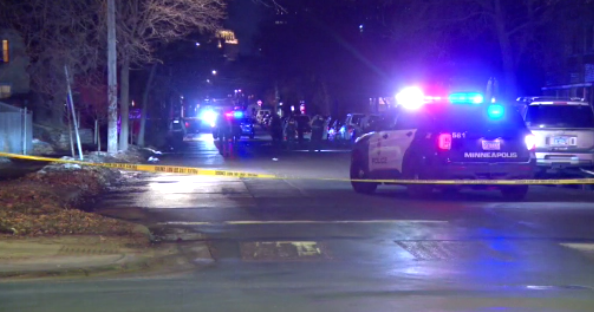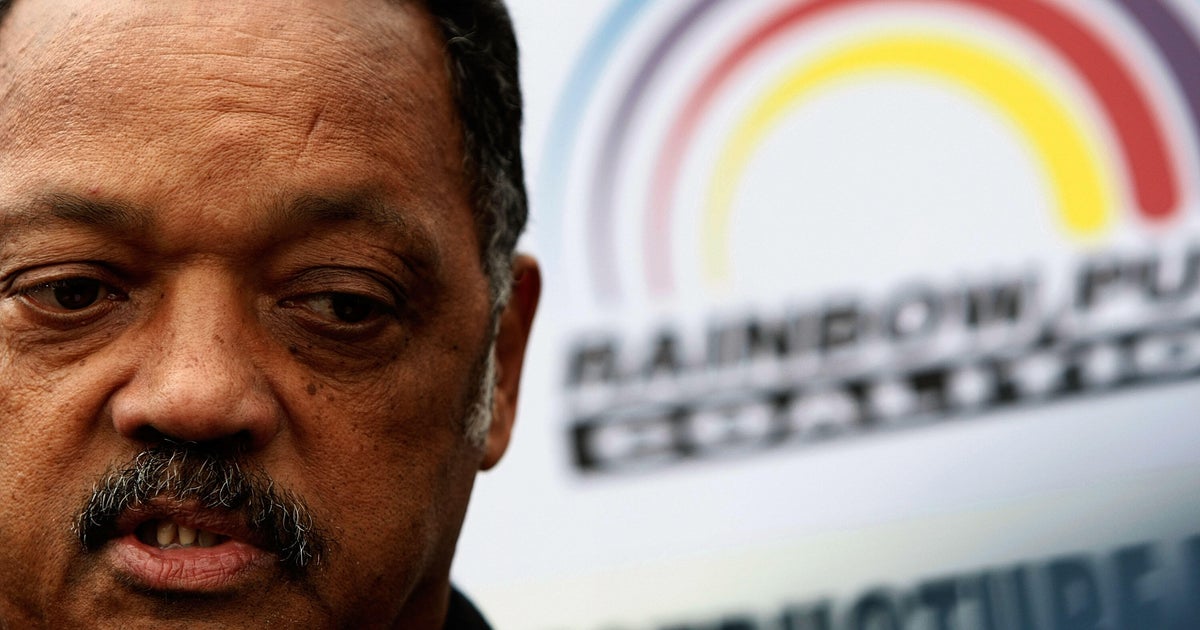Is the right to free speech being curbed in Israel amid the war with Hamas?
As the war between Israel and Hamas rages, there's a battle being fought inside Israel over freedom of expression. Rights groups and lawyers say there's a crackdown on speech that is resulting in dozens of people being fired from their jobs, disciplined by or expelled from their universities and even arrested, often for posts on social media in support of Palestinians or critical of Israel's operations in Gaza.
"We're not talking about people who are supporting the terrifying acts that happened on the 7th of October, but we're talking about people who are trying to look at the Palestinian cause," Adi Mansour, a lawyer who works for the Palestinian-run legal aid organization Adallah, based in Israel's third largest city, Haifa, told CBS News.
Since Hamas' brutal Oct. 7 terror attack on Israel, Adallah has represented over 90 students facing disciplinary action at 32 different universities in Israel for posts made on their personal social media accounts.
"We've never seen this," Mansour said, adding that though he's seen many cases of students being suspended for issues relating to freedom of expression on university grounds, he's never seen students being disciplined at this scale for expression outside colleges.
"I think this is the first time that we see this very big campaign against students who are posting outside the academic institutions altogether," he said.
One of those students, a Palestinian with Israeli citizenship who wanted to remain anonymous due to ongoing disciplinary proceedings at her college, posted two stories on her private Instagram account in the weeks after the Hamas attack that supported international protests against the war and condemned Israeli airstrikes on Gaza. The posts were reported to her university, and she was suspended pending a hearing to determine if she will be expelled.
"They said: 'We suspect that you support a terrorism attack or group, so we would like to invite you to a hearing session so you can say what you have to say. And we will agree after that what we will do to you.' Like, if I can continue my degree or not," she told CBS News.
She said she was brought before a committee made up of a number of her own teachers.
"I was trying to explain to them, I was against the terrorism attack, and I am genuinely against anyone getting hurt, getting murdered. Against anything violent… They wouldn't listen," she said.
"I wanted to tell them… most of you knew me. But do you want to listen to me now? Why? Is it because I am a Muslim woman? I'm not from the same religion? I don't look like you? Why? Is it because of that? And they won't listen."
The committee later ruled that the student's posts amounted to support for, "or at the very least, identification with," terrorist activities, and the student was suspended for a semester with their return after that time conditional upon further conversations with the university.
Israel's national police force said that while it "firmly upholds the fundamental right to freedom of speech, it is imperative to address those who exploit this right to perilously incite violence" in the wake of Hamas' attack.
The police said they were taking a "zero tolerance" approach to social media content since the attack and have investigated and arrested more than 100 people in Israel "on suspicion of promoting dangerous incitement and violent behavior" since Oct. 7.
Prominent Palestinian singer Dalal Abu Amneh was among those detained. She was put under house arrest for posting a picture of the Palestinian flag with the Arabic words "There is no victor but God" on her Instagram account. She was later released on bail under the condition that she didn't speak about the war for 45 days.
"We arrived at October 7th already in a bad place when it comes to freedom of expression in the press," Israeli human rights lawyer and activist Michael Sfard told CBS News. "In the last decade, decade and a half, there is a very disturbing trend of silencing critical voices within Israel," he said.
Sfard said freedom of speech in Israel was largely protected through the courts and case law, but that over the last decade those protections had "been ignored or deteriorated." He said he believed the majority of the arrests over social media posts would not lead to any further judicial action, but he warned that they would have a further chilling effect on free speech.
"I can assess that 80, 90% of [the arrests] will not bring about an indictment, but the damage is done," Sfard said. "Because people that are called or detained in order for investigation, they go through a night, and the chilling effect for speech and the chilling effect of having an open discussion on the means of warfare that we're using in Gaza is completely, completely crushed."
CBS News' Duarte Dias contributed to this report.



